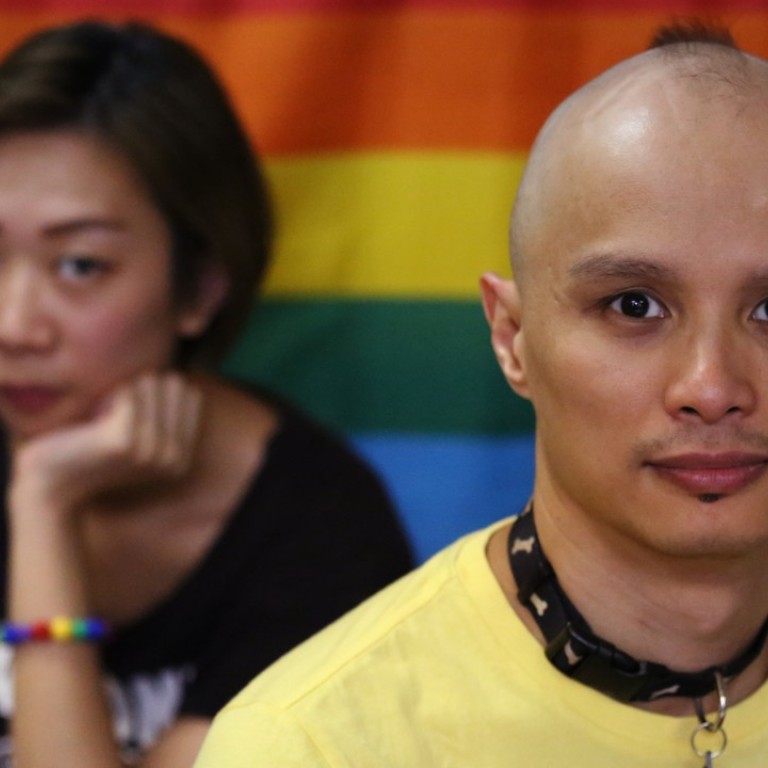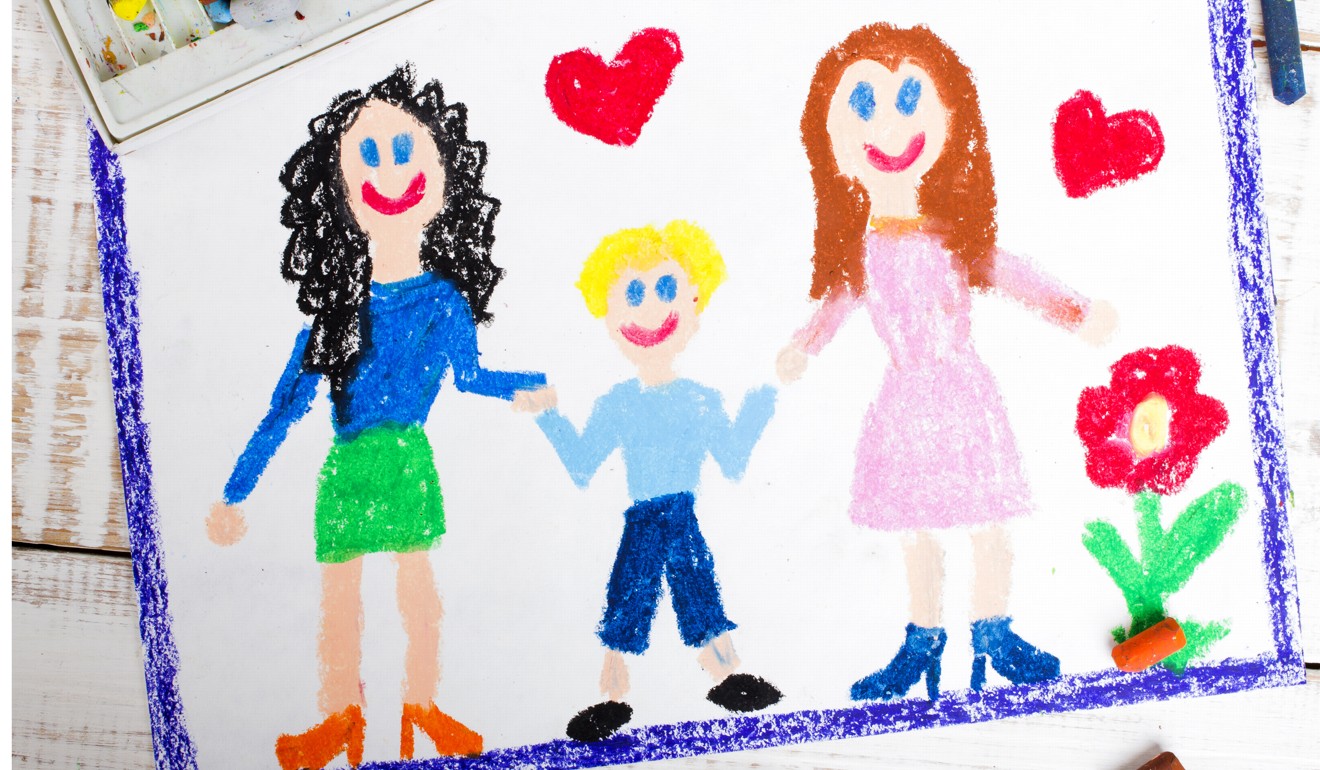
Gay activist condemns ‘outrageous’ treatment of LGBT issues in Hong Kong schools
Failure to properly educate teenagers is contributing to a rise in HIV/Aids, claims head of campaign group Rainbow Action
Some LGBT students in Hong Kong are still not getting adequate sex education because certain schools continue to represent LGBT sex as “controversial”, a gay rights activist says.
Tommy Chen, executive officer of Rainbow Action, described the situation as “absolutely outrageous”, particularly as members of the LGBT community were being disproportionately affected by HIV/Aids and other sexually transmitted infections.
The number of Hongkongers living with HIV is expected to surge by 35 per cent in the coming four years, with 74 per cent of infections expected to be diagnosed in gay men, according to the latest report by the government’s Advisory Council on Aids.

“The problem is LGBT youth are not getting the sex education they need,” he said. “Some schools will still use the word ‘controversial’ when they talk about same-sex relationships.
“I know gay children as young as 16 who are getting infected with HIV, and it is because they are not being taught about safe sex. They think they are safe because they cannot get pregnant. I am not saying you have to tell LGBT teenagers how to have sex, but you should be able to talk about the safety issues.”
Andrew Chidgey, chief executive of Aids Concern Hong Kong, agreed that enhanced sex education, particularly in relation to LGBT issues, was needed to tackle the rise in HIV/Aids.
“Hong Kong is a modern place but the guidelines on sex education were last updated in 1997 and many schools don’t bother to implement them properly,” he said.
“Sex education should explain different types of sex and how people can protect themselves from infections. This is still pretty taboo in Hong Kong.”
In the last decade, secondary school students have become more accepting of LGBT people, the survey suggested, while in 2016, 15 per cent of girls and 13 per cent of boys said they were unsure of their sexual orientation.
In 2016, 61 per cent of girls in Form Three to Form Six expressed their acceptance of lesbians, compared to 54 per cent in 2006. Among boys, 46 per cent of the same age group accepted lesbians, compared with 35 per cent in 2006.
There were similar small but significant percentage point increases when students were polled on their opinions of gay men, bisexuals and transgender people.
Commenting on the results, Chen said although it was encouraging that more secondary school students were accepting of sexual minorities, bullying involving LGBT teenagers remained “very serious” and was often instigated by teachers.
He reiterated calls for legislation to make it illegal to discriminate against sexual minorities, including in schools.
“Teachers and even headmasters will express their opinions on homosexuality in the classroom,” he said. “I went to a Christian high school, and I was taught sexual minorities were sinful and LGBT sex was an abomination.
“Many Christian schools particularly will still be teaching this now. This type of teaching absolutely affects people into young adulthood, in their emotional and psychiatric health, to the point where they see no future for themselves.”
The Post has contacted the Education Bureau for comment following renewed criticisms of its sex education policy.
Despite the positive trends among secondary school students, the survey suggested acceptance of sexual minorities appeared to have partly declined among the 18-27 age group.
For this category in 2016, 57 per cent of females and 40 per cent of men said they accepted lesbians, compared with 65 per cent and 46 per cent respectively in 2006.
Meanwhile, women in this age category were marginally less tolerant of gay men than they were 10 years ago. But while men were marginally less accepting of bisexual and transgender people, women expressed increased tolerance of these specific sexual minorities.

